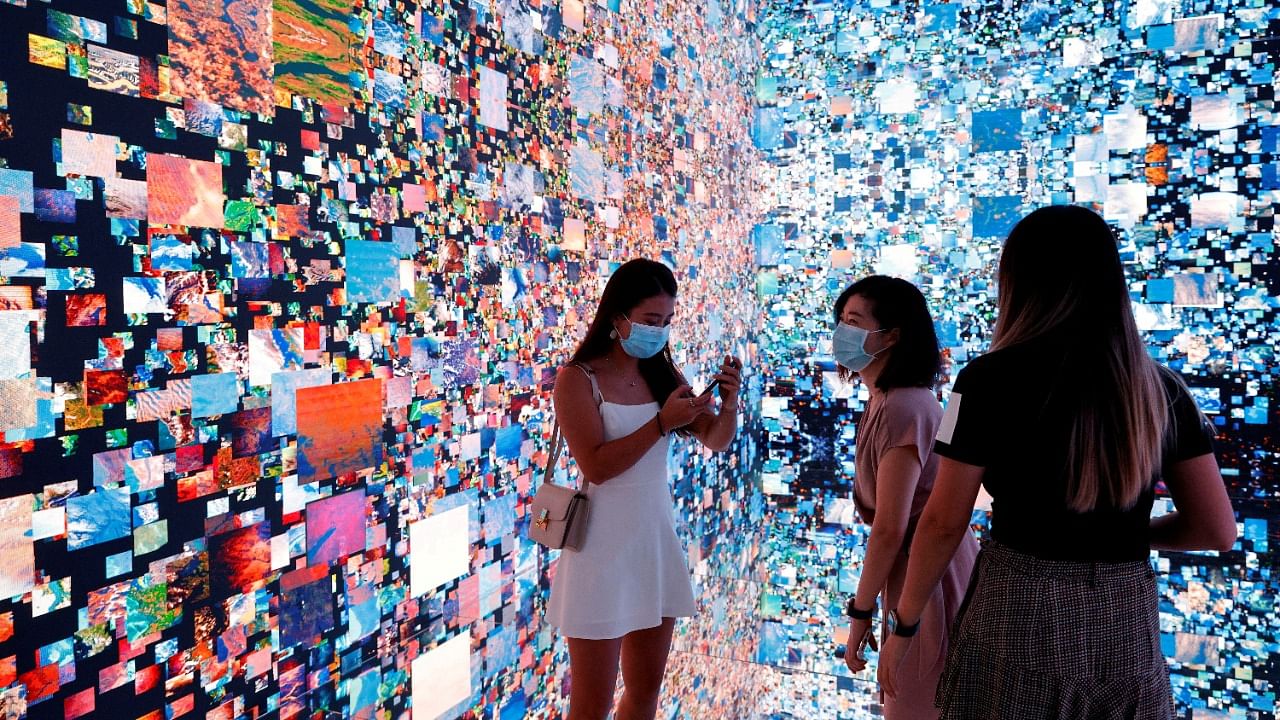
By Zoe Weinberg,
The metaverse is coming. It was once a science-fiction fantasy, most notably in Neal Stephenson’s novel “Snow Crash,” of an all-encompassing virtual universe that would exist alongside the physical one. But technological advances have brought this transformation of human society close enough to reality to demand that we consider its consequences.
In the metaverse, a user might curate a digital avatar, like a character in a video game. Through the eyes of their avatar, they would experience a digital reality as active and engaging as the physical one. Some futurists believe that soon we might attend doctor’s appointments or class there.
But while the metaverse could revolutionise work and play, it is essential to remain wary of the dangers that will emerge if it subsumes daily life.
Virtual environments will supercharge disinformation campaigns, espionage and surveillance. Struggles for control of the metaverse’s physical infrastructure could very well aggravate global conflicts. And the supranational nature of the metaverse — where real-world borders become far less relevant — could revolutionise the way that individuals perceive and interact with nation-states.
A failure to anticipate these possibilities may put the global world order at risk of being replaced by a virtual, and perhaps less virtuous, one.
Today, glimpses of the metaverse are everywhere. Virtual concerts record audiences; high-end designers sell virtual fashion; and gaming has become a livelihood for people around the world. Many of the closest corollaries to a full-fledged metaverse are immersive games like Fortnite, Minecraft and Roblox, where players can socialise, shop and attend events in a virtual world.
There’s already evidence that online multiplayer games can enable the spread of disinformation and conspiracy theories. Players can use in-game communication tools to disseminate rumors or “fake news,” targeting others in difficult-to-track ways.
The metaverse could allow motivated regimes or extremist groups to go a step farther. Immersive layers of text, voice and visuals in virtual environments would provide new, convincing ways to broadcast misleading or extremist content.
In environments where individuals can be represented by pseudonymous avatars, knowing whom to trust with sensitive information will become even more difficult. This could pave the way for a new era of espionage.
Digital espionage has already been used by dozens of countries to gain access to commercial intellectual property, proprietary military technology and personal and financial information. A metaverse that contains nearly all aspects of life — work, relationships, assets, identity — could be susceptible to breaches or manipulation from across the globe.
Countries and corporations alike will likely also be able to use the metaverse to engage in surveillance with greater sophistication.
States have already used facial recognition technology to monitor individuals’ behaviour. Companies have used it for device-unlocking or real-time animation. Integration with the metaverse could make it — and the privacy issues it presents — even more ubiquitous. If exploited, that technology could easily be used to surveil any participant around the world.
Even the metaverse’s physical infrastructure will likely present new vulnerabilities.
A constellation of technologies, including hardware, computer networks and payment tools, will support the metaverse’s functionality. The countries that maintain control over those technologies will have significant international leverage, just as countries that command things like transport routes or oil supplies do today.
China could effectively control the metaverse’s backbone in many corners of the world, thanks to its Digital Silk Road initiative, which finances some countries’ telecommunications systems. Taiwan, which dominates the semiconductor industry that supports computing needs, will likely become even more of a linchpin on the global stage.
This kind of physical infrastructure will, in turn, be vulnerable to hacking and supply chain interruptions. If people own property, earn a living, and maintain communities in the metaverse, then hardware shortages or service outages could jeopardise livelihoods or undermine social stability.
Despite these threats, the metaverse also has the potential to change global affairs for the better. International diplomacy may just as easily be conducted in virtual embassies. Smaller, less powerful nations may find themselves on a more level playing field, better able to stay in the mix in global affairs or perhaps, to forge unlikely alliances.
Virtual environments have also shown promise for activists resisting digital authoritarianism. On Minecraft, Reporters Without Borders has sponsored an Uncensored Library where users could see content by dissident writers that had been censored in countries like Saudi Arabia, Russia and Vietnam. It’s possible that the metaverse may bring new promise for freedom and transparency across borders.
But the metaverse’s consequences may be even more radical.
If it becomes as all-encompassing as some predict, the metaverse may foster virtual communities, networks and economies that transcend borders and national identities. Individuals might one day identify primarily with metaverse-based decentralised autonomous organisations with their own quasi-foreign policies. Such a transition could mandate the reconceptualisation of geopolitical affairs from the ground up.
The metaverse may have been born in science fiction, but it’s up to us to write a future grounded in cleareyed reality.
(The author is the founder of a technology incubation fund that works to counter digital authoritarianism.)